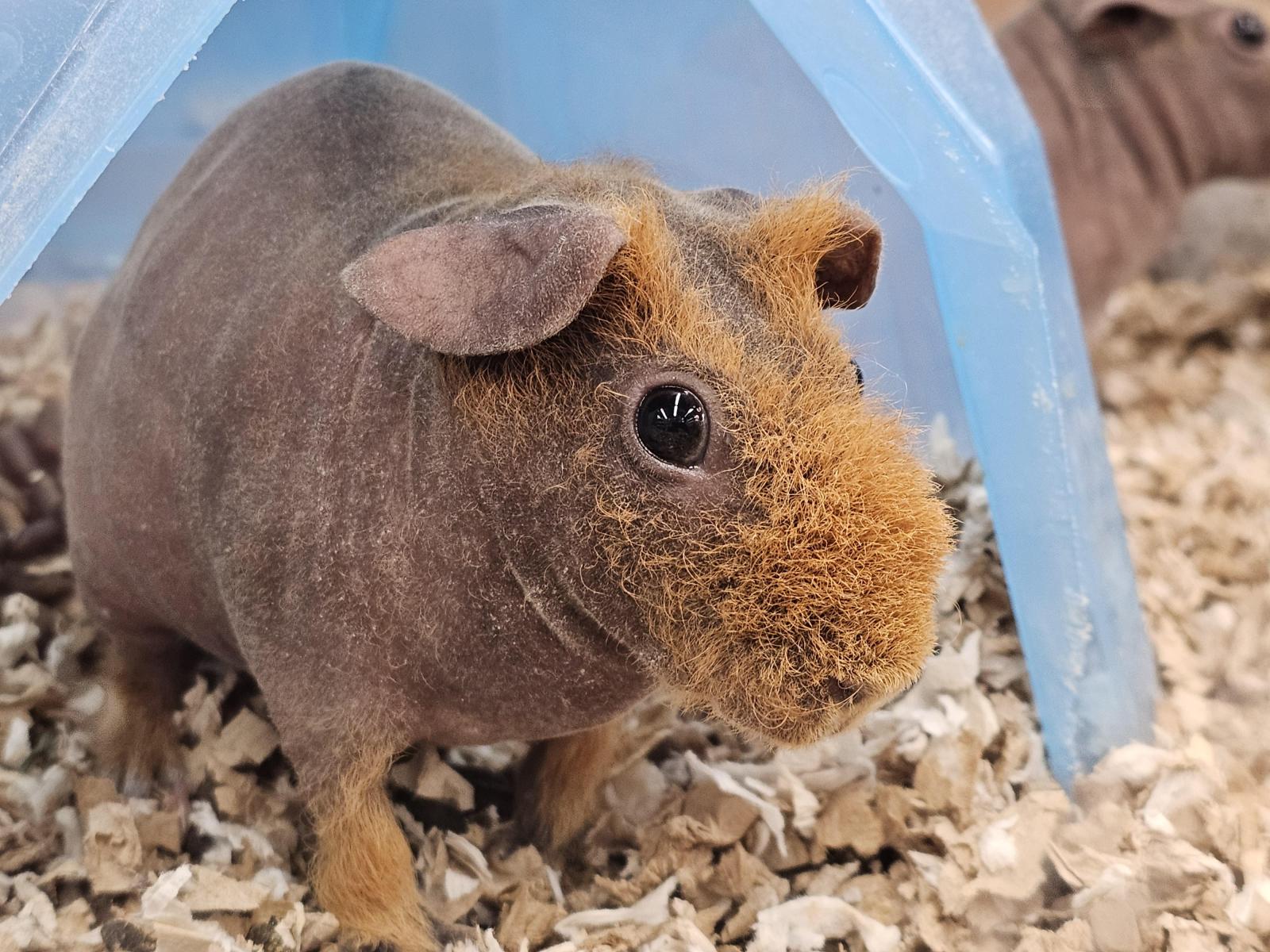Notifications

6 minutes, 5 seconds
-263 Views 0 Comments 0 Likes 0 Reviews

If you're considering a pet that's both unique and full of personality, a Skinny Pig might have caught your attention. These mostly hairless guinea pigs are charming, quirky, and surprisingly affectionate—but like any pet, they come with their own set of benefits and challenges.
In this article, we’ll explore the pros and cons of having a Skinny Pig as a pet, so you can decide if this lovable, wrinkly companion is right for your home.
Skinny Pigs are known for their warm and friendly personalities. They thrive on attention and love interacting with their humans and fellow guinea pigs. Whether you're watching TV or working from home, they’ll likely want to be nearby.
This makes them especially great for individuals in need of companionship—or even an emotional support animal (ESA).
With a proper emotional support letter provided by trusted platforms like realesaletter.com, your Skinny Pig can be recognized as a support animal, giving you legal rights to live with them in housing where pets aren’t normally allowed.
Because they have very little fur, Skinny Pigs are a smart choice for people with mild pet allergies. While no pet is completely hypoallergenic, Skinny Pigs often cause fewer allergic reactions than other small furry animals.
Let’s be honest—Skinny Pigs are adorable in their own weird way! Their wrinkly, hairless skin, combined with their expressive eyes and curious behavior, makes them a one-of-a-kind pet you won’t find in just any home.
You can read more about their unique traits and how to care for them in this complete Skinny Pig guide — skinny pigs are smaller in size which makes their care needs slightly different from other guinea pigs.
Skinny Pigs don’t need much room. A clean, well-ventilated cage with soft bedding and a few toys is enough to keep them happy indoors, making them a great choice for apartment dwellers.
With supervision, Skinny Pigs can be a wonderful pet for children. They're gentle, non-aggressive, and love interaction, which helps teach kids about responsibility and compassion.
Due to their lack of fur, Skinny Pigs are very sensitive to cold and heat. They need to be kept in a consistently warm, draft-free environment—ideally indoors year-round.
Blankets, heating pads (under supervision), and cozy hideouts are all essential for keeping them safe and comfortable.
Although they don’t need brushing, Skinny Pigs require regular baths and moisturizing to keep their skin healthy. You’ll also need to keep their cage extra clean to avoid skin irritation or infections.
Compared to regular guinea pigs, their grooming needs are more specialized.
Skinny Pigs are more prone to scrapes, sunburns, and dryness. If you're planning any supervised outdoor time, you’ll need to avoid direct sunlight or use vet-approved pet sunscreen.
Skinny Pigs are considered an exotic pet, and they can be more expensive to buy and maintain. Vet bills may also be slightly higher due to their specialized needs.
On average, Skinny Pigs live around 5 to 7 years, which is slightly shorter than some haired guinea pig breeds. This is something to keep in mind, especially if you're looking for a longer-term companion.
So, what are the pros and cons of having a Skinny Pig as a pet? In short, these charming creatures offer a ton of love and companionship but require a bit more care and attention than your average guinea pig.
If you’re looking for a small, affectionate pet that stands out and are willing to meet their grooming and environmental needs, a Skinny Pig might be the perfect match—especially if you’re in search of an emotional support animal. You can always visit thepetworld.org for more guidance on guinea pig care and choosing the right pet for your lifestyle.
Thinking of welcoming one as an ESA? Don’t forget to get your ESA letter through realesaletter.com—a reliable provider that connects pet owners with licensed professionals for quick, legitimate certification.

